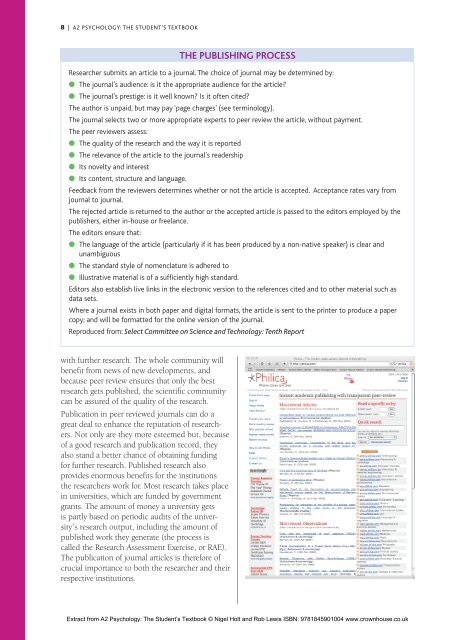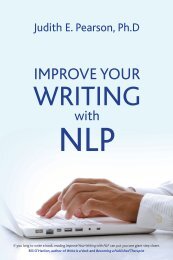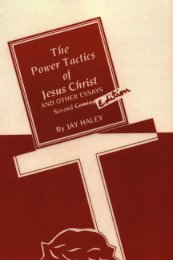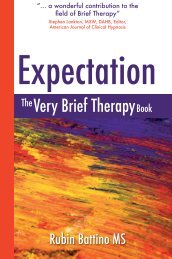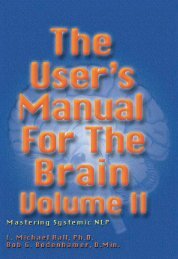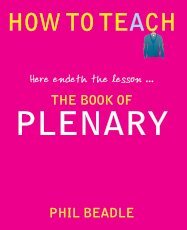Nigel Holt and Rob Lewis - Crown House Publishing.
Nigel Holt and Rob Lewis - Crown House Publishing.
Nigel Holt and Rob Lewis - Crown House Publishing.
You also want an ePaper? Increase the reach of your titles
YUMPU automatically turns print PDFs into web optimized ePapers that Google loves.
8 | A2 PSYCHOLOGY: THE STUDENT’S TEXTBOOKThe <strong>Publishing</strong> ProcessResearcher submits an article to a journal. The choice of journal may be determined by:●●The journal’s audience: is it the appropriate audience for the article?●●The journal’s prestige: is it well known? Is it often cited?The author is unpaid, but may pay ‘page charges’ (see terminology).The journal selects two or more appropriate experts to peer review the article, without payment.The peer reviewers assess:●●The quality of the research <strong>and</strong> the way it is reported●●The relevance of the article to the journal’s readership●●Its novelty <strong>and</strong> interest●●Its content, structure <strong>and</strong> language.Feedback from the reviewers determines whether or not the article is accepted. Acceptance rates vary fromjournal to journal.The rejected article is returned to the author or the accepted article is passed to the editors employed by thepublishers, either in-house or freelance.The editors ensure that:●●The language of the article (particularly if it has been produced by a non-native speaker) is clear <strong>and</strong>unambiguous●●The st<strong>and</strong>ard style of nomenclature is adhered to●●Illustrative material is of a sufficiently high st<strong>and</strong>ard.Editors also establish live links in the electronic version to the references cited <strong>and</strong> to other material such asdata sets.Where a journal exists in both paper <strong>and</strong> digital formats, the article is sent to the printer to produce a papercopy; <strong>and</strong> will be formatted for the online version of the journal.Reproduced from: Select Committee on Science <strong>and</strong> Technology: Tenth Reportwith further research. The whole community willbenefit from news of new developments, <strong>and</strong>because peer review ensures that only the bestresearch gets published, the scientific communitycan be assured of the quality of the research.Publication in peer reviewed journals can do agreat deal to enhance the reputation of researchers.Not only are they more esteemed but, becauseof a good research <strong>and</strong> publication record, theyalso st<strong>and</strong> a better chance of obtaining fundingfor further research. Published research alsoprovides enormous benefits for the institutionsthe researchers work for. Most research takes placein universities, which are funded by governmentgrants. The amount of money a university getsis partly based on periodic audits of the university’sresearch output, including the amount ofpublished work they generate (the process iscalled the Research Assessment Exercise, or RAE).The publication of journal articles is therefore ofcrucial importance to both the researcher <strong>and</strong> theirrespective institutions.Extract from A2 Psychology: The Student’s Textbook © <strong>Nigel</strong> <strong>Holt</strong> <strong>and</strong> <strong>Rob</strong> <strong>Lewis</strong> ISBN: 9781845901004 www.crownhouse.co.uk


